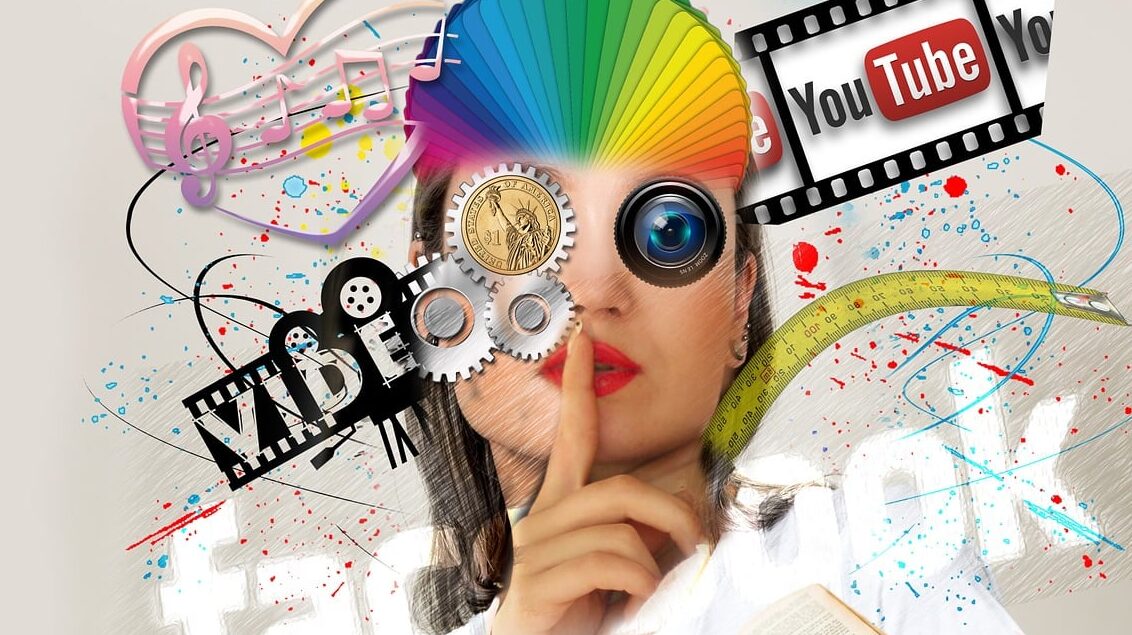
Photo: Gerd Altmann from Pixabay
The Council of the EU, which gathers all heads of government of the bloc’s member states, is laser-focused on further regulating speech online, with its latest target being those who hold considerable sway there: influencers.
Rather than trusting internet users to be able to make up their own minds about the content they encounter online, the Council wants to ‘educate’ influencers about their “responsibility”—that is, teaching them to identify “disinformation” and “hate speech,” phrases commonly used by Eurocrats to clamp down on dissident political viewpoints.
According to a draft document, seen by Euractiv, the Council is trying to formulate a unified approach to rein in influencers’ and online content creators’ dissemination of ‘harmful’ content.
Through the use of EU funds, the Belgian presidency of the Council has already recommended that the Commission support the ‘cognitive’ and ‘ethical’ skills of influencers to better equip them understand how their contents “impact on their followers” and how to react “to disinformation, online hate speech [and] cyberbullying”—in other words, make them part of the bloc’s messaging strategy.
The draft defines influencers as:
online content creators who post content on social media or video sharing platforms through which they impact society, public opinion or personal views of their audience, often showcased through their authenticity-based relationship with their audience.
This definition is different from the one in France’s influencer law, which was passed last year, and was the first of its kind.
French lawmakers defined influencers as people “who, in exchange for a fee, use their reputation to communicate with their [online] audience.”
The EU Council’s draft suggests it is pursuing a more stringent policy than anticipated.
An earlier draft cited the importance of supporting influencers since they can have a ‘positive’ impact on online culture. The latest draft, however, states:
[Influencers] should have a sense of responsibility towards their audience and understand the potential impact that commercial practices, sharing mis- and disinformation, online hate speech, cyberbullying and other harmful content may have on their audience and its well-being.
To rectify this state of affairs, the Council calls on the European Commission to reflect on an approach to influencers on “all relevant policy areas, with a focus on their responsible behavior.”
More worryingly, it suggests that the Commission and member states should develop a coordinated, EU-wide, policy approach to “foster responsible behavior of influencers towards their audience.”
On February 27th, the Council organized a Brussels conference to develop these ideas.
The description for a session titled ‘Influencers and disinformation’ reads:
Many people, and especially youngsters, consume information and news (almost) exclusively through social media platforms. This means influencers and online content creators have gained a prominent role in today’s information environment. At the same time, the spread of intentionally false or misleading information—disinformation—through social media is on the rise. Is it the responsibility of influencers to (help) tackle disinformation, and how can influencers make sure they spread qualitative information? How can traditional media, academics, decision-makers, experts and influencers work together on this?
In short, despite claims of wanting to create a ‘safe’ and ‘trustworthy’ information space for users, Brussels is instead worried about any narrative running counter to its own—that is, ‘disinformation’—gaining ground, whether true or false.
